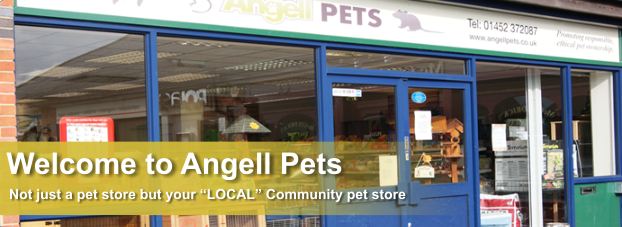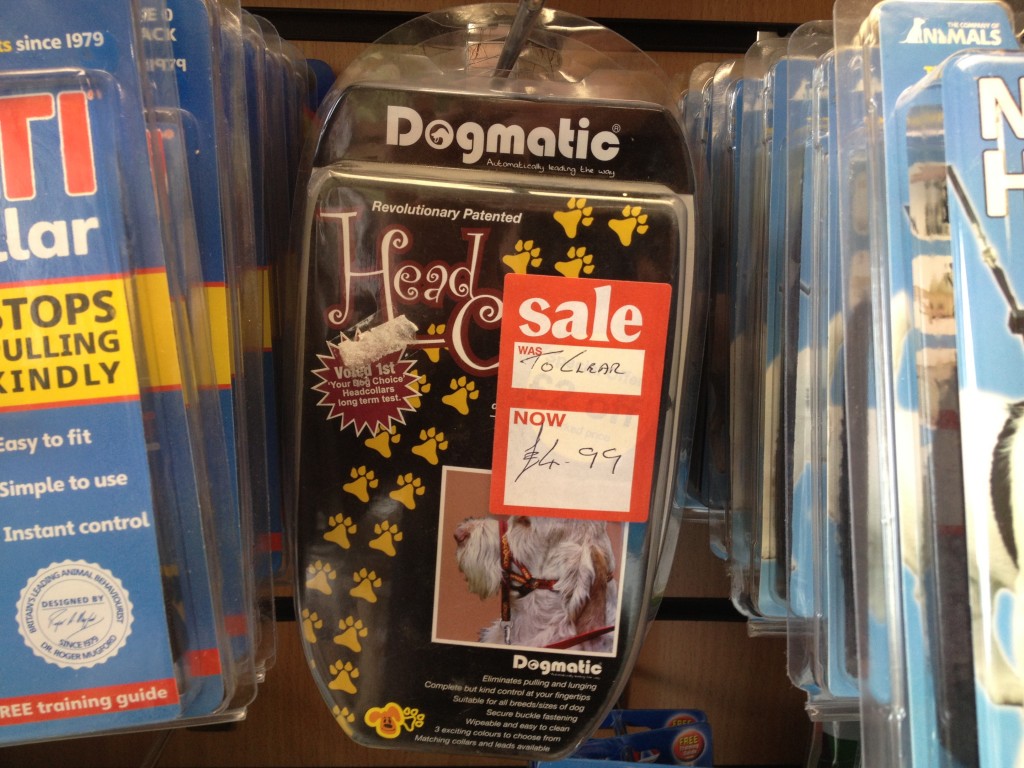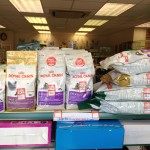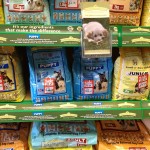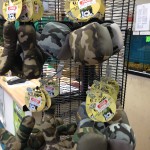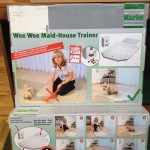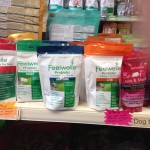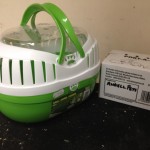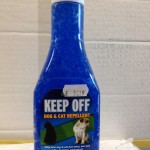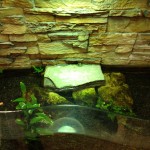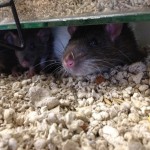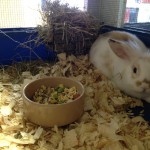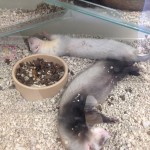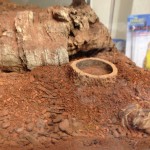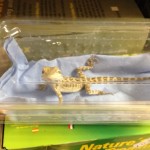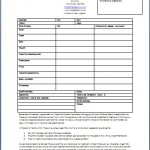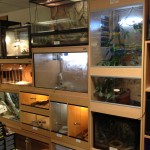Most lizards, all spiders and even some snakes (rough green snake for example) feed on livefood such as crickets, locusts, meal worms, morio worms, cockroaches, wax worms, calci worms etc. The best way to feed a reptile or spider is to vary the food as each species has a different energy, mineral and vitamin content. It is also necessary to supplement the food with vitamin and calcium powder because even with varying the species it is still more limited than the animal would be exposed to in the wild. This disadvantage can be further mitigated by “gut loading” the live food. Basically, whatever the insect eats the animal eats as well, as it is eating the gut contents with the insect.
Each type of commonly stocked live food species has its own benefits and drawbacks. There are many tables of commonly (and some not so commonly) stocked feed species with their most important properties detailed available on the net. I have included one such below. However whichever species is used gut loading is probably the most important element of feeding an insectivorous animal.
Without reproducing all those other tables (some of which require a certain level of knowledge of animal nutrition to decipher) there are some basic messages.
Crickets in general (the cheaper to produce and less hardy types in particular) have a poor calcium to phosphorous ratio and fed exclusively the lowest general nutritional value. However they readily eat a wide range of food stuffs so can act as a very effective transporter of nutrients via their guts. A very illustrative example of this occurred in the shop the other day. We feed the crickets we keep on the shelves with carrot. It has nutritional value to the crickets, they like it and it contains enough moisture to keep them alive for weeks without going mouldy in the box. With small and medium small crickets this turns the insect orange as their guts fill with carrot. We fed some of the medium small crickets (“silent”) to a griffin mantis. A small orange blob of gut contents could be seen making its way down the digestive tract of the mantis. Crickets make very effective little food packages.
Locusts are as nutritious as crickets in general and are preferred by some animals. However they tend to be a bit more selective over what they will eat and so gut loading is a little bit more limited, although still sufficient. You get fewer locust for your money though, so there is a balance. Varying between crickets and locusts is probably best (although my beardie rarely eats crickets).
Cockroaches make excellent live food from a nutritional viewpoint. They are also easy to gutload as they eat virtually anything. However there are practical problems. If you keep animals that eat crickets, no matter how careful you are some will escape. With cockroaches this is even more likely. They are also even better at hiding out inside a vivarium and for things such as tarantulas, will eat the the spider when it is moulting if you don’t find them all and get them out. Best fed in small numbers so you can be sure they have all been eaten as you put them in.
Wax worms are high fat moth larvae that are excellent for getting a poor feeder feeding again and up to weight but are so liked that they can turn your animal into a reptile equivalent of a burger stuffing Elvis. They are OK as a treat or to boost weight but would you want to eat burgers every single day. Well OK, but would it be good for you? I have seen bearded dragons that have been hand fed wax worms exclusively that now refuse any other food at all and oh boy, they were fat. Many people throw away wax worms when they pupate. Big mistake, Lizards love the pupae and the moths when they emerge, chameleons seem to prefer them.
Meal worms. I have a bias against meal worms. Their jaws and exoskeletons contain a lot of chitin and when fed exclusively can cause problems with gut impaction. Now I know this is a controversial subject. There are some very well respected leopard gecko breeders that use meal worms almost exclusively and swear by them and (I am sure quite honestly) say they have never had any problems. I am quite willing to accept this and if you want to use meal worms that’s fine. However I have had a bad experience with them. Many (many ) years ago I had two European green lizards and the only live food available locally at the time was meal worms (the Internet did not exists then – even the military fore runner, that’s how long ago!). I lost both lizards to impaction. Used as a staple I think they are OK but I always vary the diet of our animals.
Morios contain less chitin than meal worms. They are reasonably high in fat so I wouldn’t use them exclusively but again they make a good staple. They keeps for ages, everything seems to like them but they are a little too large for a lot of lizards. Our adult leopards like them but they are a bit big so we only give them when she is laying eggs and needs a boost. They are also quite difficult to dust (it doesn’t stick to them very well).
Flies make excellent live food if you can get them. Obviously some animals (like the wandering violin mantis) only really eat flying insects. Fruit flies (flightless or otherwise) make good food, due both to their small size and good nutritional content for hatchling lizards (chameleons go crazy for them) and spiderlings. Calci worms are actually fly larvae and make a nutritious change for growing lizards and again chameleons love them, especially when they have turned into flying insects. As thew name suggest they are higher in calcium.
Pachnoda (fruitbeetle larvae) are big, fat, juicy, highly nutritious grubs. they make an excellent occasional change or energy boost but are a bit more expensive.
With regard to dusting the live food this is important for a couple of reasons. FIrstly as discussed, to ensure a good balance of vitamins and minerals but this is largely mitigated by good feeding of the live food. Give them a varied diet and your animal is getting the same. We still use vitamin powder (we use Nutrobal) once a week. Calcium dusting not only boosts the calcium in the diet where the feeder insect is naturally low in calcium (crickets) but also compensates for the fact that even with the best UVB lamp on the market, it is not as good as the sun and so will not produce as much vitamin D3 in the skin as in a wild lizard. Overloading with calcium helps mitigate this and helps prevent metabolic bone disease, pyramid shell etc.
So to look after your animal, look after your live food and vary the diet as much as you can. Not only is this better for the animal but it is better for your pocket too. You will lose fewer insects in the box, so there will be more available for the animal, they will be more active so more likely to be eaten, you will have to buy fewer boxes over the life of the animal and it will stay interested and be better fed. Everyone’s a winner.
The Angell Pets Team


